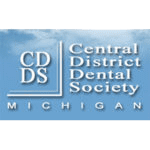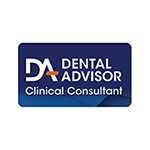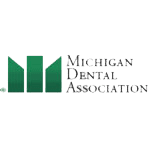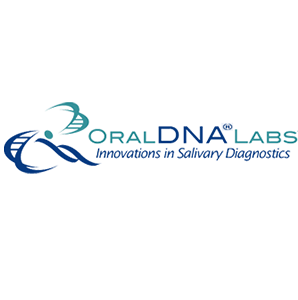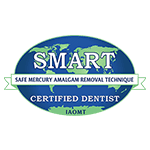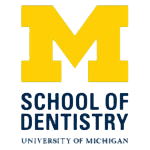Rheumatoid Arthritis and Gum Disease
Rheumatoid Arthritis (RA) is a type of inflammatory Arthritis that is also an autoimmune disease. Although the reasons why it occurs are not fully understood, the immune system is over reactive and attacks the body’s own synovial tissue throughout the entire body. The synovium is a thin membrane that lines all of the joints in the body. The attack causes fluid to build up in the joints causing pain and inflammation. The inflammatory effect causes the joints to feel swollen, stiff, and painful.
Gum Disease is a disease caused by specific strains of bacteria or pathogens. These pathogens infiltrate into the pockets of gum tissue surrounding the teeth and the body’s immune system attacks the bacteria through an inflammatory reaction. The reaction also destroys the bone and tissue support around the tooth causing the bone and gums to recede down the root of the tooth. The common factor with both diseases is inflammation. The immune system creates the inflammation to typically fight off infections from bacteria and viruses. In RA the immune system mistakes our own bodies as a foreign invader and attempts to destroy the invader.
Did you know that people with RA are 8 times more likely to develop gum disease than people without RA? Those with RA and gum disease seem to have more advanced or severe gum disease: 32% had moderate periodontal disease, and 18% had severe periodontal disease versus those without RA: only 10-15% suffered moderate to severe periodontal disease. If you have RA controlling your inflammation throughout your body will reduce your RA. Improved dental care could reduce the incidence and severity of your RA. Studies have proven that when your gum tissue health improves the arthritic symptoms also improved. Another connection in the link between these two diseases is a condition called Sjogren’s syndrome. Sjogren’s syndrome is an autoimmune disease of the glands which causes saliva, one of your mouths natural defenses, to stop being produced. The effect is that the mouth becomes dry and the risk for tooth decay and gum disease goes way up. People with RA can have a more difficult time maintaining good oral health. The disease effects the joints in the hands and makes flossing, brushing and cleaning the teeth much more difficult.
So if you are an RA sufferer what can you do to improve your RA symptoms and your mouth?
- Electric Toothbrushes can dramatically improve your ability to clean your teeth, especially if dexterity is a problem with joint inflammation.
- To give your toothbrush a better grip cut a hole in a tennis ball and slide the toothbrush into it or use a bicycle handle.
- Experiment with different types of devices to clean in between your teeth- floss picks, floss threaders, softpicks or proxybrushes are all good aids.
- Utilize a mouthwash in addition to other oral aids – Closys is a great non-alcoholic choice.
- Shorten the time between wellness visits at your dental office to help maintain excellent oral health and let your dentist know if you have been diagnosed with RA.
- Avoid smoking as this dramatically increases your risk of Gum Disease.
- Schedule appointments later in the day when the joints are less stiff and ask for a neck or leg pillow to give you better support when sitting in a dental chair.






